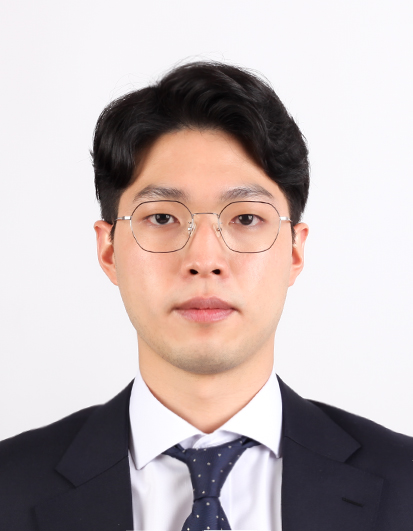Biography of Hoyong Kim
Hoyong Kim is a Ph.D. candidate in Artificial Intelligence at the AI Graduate School of the Gwangju Institute of Science and Technology (GIST) in South Korea, where he is advised by Professor Kangil Kim. His academic journey began with a Bachelor’s degree in Software from Ajou University in Suwon, South Korea, followed by a Master’s degree in Big Data Science from the University of Science and Technology (UST), where he conducted research on text mining and clustering for issue analysis in news articles under Professor Dong-min Seo.
Kim’s research interests are broad and include representation learning, computer vision, and natural language processing. He has explored various facets of supervised, unsupervised, and self-supervised learning, as well as specific applications like manifold learning, hyperspherical learning, and few-shot learning. In computer vision, his focus includes continual learning, imbalanced learning, and out-of-distribution detection, while his work in natural language processing spans unsupervised neural machine translation, knowledge distillation, and word analogy tests.
His contributions to the field are reflected in several publications and conference presentations. Notably, he has presented his work on the “Fixed Non-negative Orthogonal Classifier” and the “Spherization Layer” at prestigious conferences like the International Conference on Learning Representations (ICLR) and Advances in Neural Information Processing Systems (NeurIPS). His earlier work includes hierarchical and incremental clustering for semi-real-time issue analysis on news articles and feature selection and visualization for traffic accident prediction.
Kim’s research experience is extensive, having served as a research intern at the Data Mining & Artificial Intelligence Lab (DILAB) at Kunsan National University and as a research student at the Research Data Sharing Center in the Division of National S&T Data at KISTI. Currently, he is a research assistant at the Intelligence Representation & Reasoning Lab (IRR Lab) at GIST, where he focuses on neural network search space analysis.
In addition to his research, Kim has also been involved in teaching, serving as a teaching assistant in natural language processing at GIST. His technical skills encompass programming languages such as C, Java, Python, and frameworks like PyTorch and TensorFlow, along with proficiency in various software tools and a strong foundation in key areas of artificial intelligence and machine learning.
Hoyong Kim’s dedication to advancing artificial intelligence through research and education positions him as a significant contributor to the field, with a promising future ahead.
